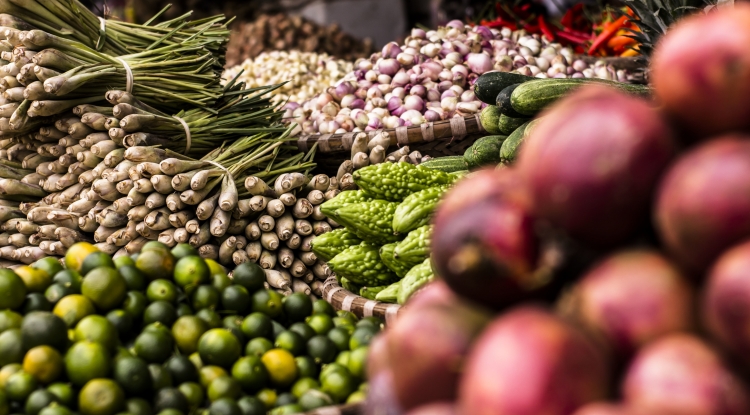If thousands of species have been grown since the discovery of agriculture, it is generally considered that only a few dozens of them suffice to cover the needs of Mankind. Is this too simplistic a view?
The answer to this question is a particularly complex one. According to FAO (Food and Agriculture Organization of the United Nations), over 7000 plant species have been collected or grown since the beginning of agriculture. However, today, 95% of energy requirements are covered by only 30 plant species. Rice, wheat, maize, pearl millet and sorghum make up for 60% of these. This overall view hides however a more fragmented reality. In 1990, scientists assessed the importance of each plant species in the diets of each country, not only in terms of calorie intake, but also protein intake, source of fat, and amount of food. Their research showed that, at this level of detail, the list of crops of importance to mankind grew considerably, reaching over a hundred species. Indeed, crops such as fonio or quinoa, even though they represent only a small fraction of global food production, are pivotal to food security in entire countries.
In 2014, an international team of scientists updated these results, which were based on data sets dating back to the early eighties , and this for 152 countries, that is to say 98% of the world population. Their research showed that the total number of crops of importance to mankind has remained relatively stable in the last decades. It revealed however a worrying trend: the distribution area and abundance of these plants have changed significantly, underlining an unremitting standardization of food resources. This trend shows no sign of inflexion.


